Picture this: you’re out at a trade show or convention, selling your products or services to the thousands of people walking past your booth, when finally a customer approaches you with a serious inquiry into what you’re selling. They’re more than interested – they actually want to buy, right then, right there. They pull out their wallet only to ask you if you accept credit cards because they don’t carry cash, and what can you say, other than, “I’m sorry, we don’t have the capability of accepting credit cards on the go”?
Web Payment Software can now help change all of that for you. Whether you’re an existing WPS customer or you need a new account to accept mobile payments, the new WPS Swiper App is built to handle commerce on the go across any and every industry. Mountain Media is proud to announce the launch of this new Web Payment Software app that is now available on the iTunes store.
Continue reading “Introducing the Web Payment Software Card Swiper App”


